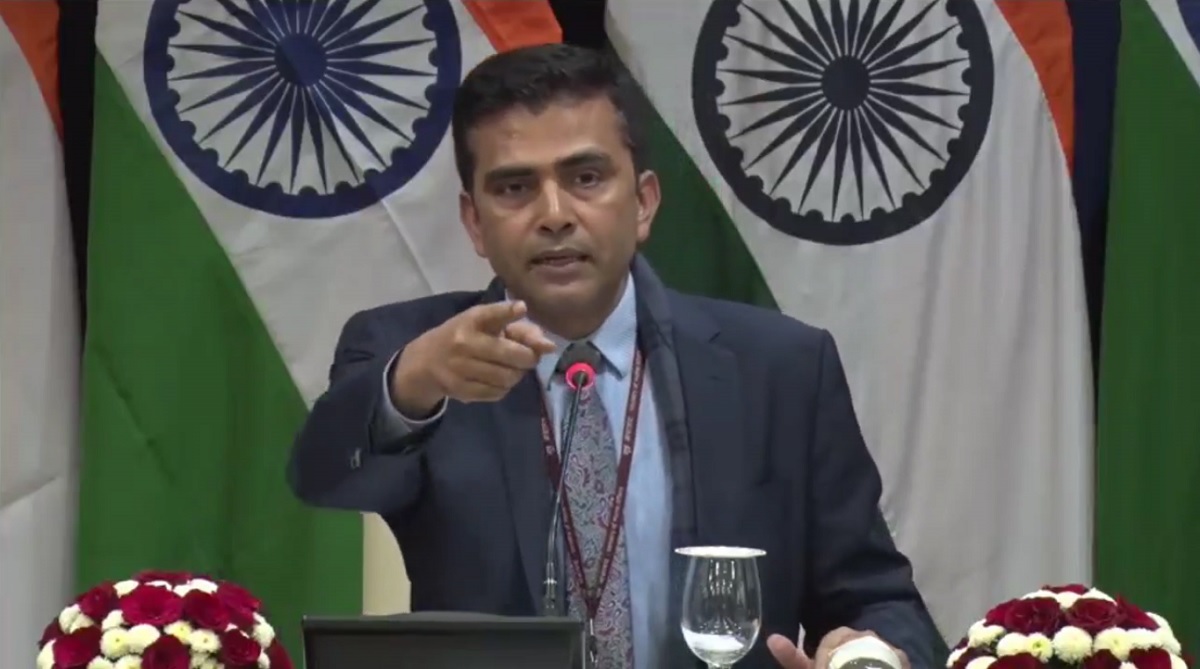India on Thursday dismissed the concern flagged by United Nations human rights experts over its decision to deport Rohingya refugees to Myanmar.
At a media briefing in New Delhi, Ministry of External Affairs spokesperson Raveesh Kumar said the whole issue of deportation of Rohingyas had been portrayed in a misleading and incorrect manner by the UN Human Rights Council.
“The repatriation of illegal immigrants to the country of their origin was in accordance with the Indian law,” he said.
The spokesperson said these actions were being taken in response to the instructions of Indian courts, which have required government at the state and union levels to detect, detain and deport illegal immigrants.
“In this sense, the government will continue to take actions as may be necessary in the implementation of Indian laws, and as directed by our judiciary,” the spokesperson added.
On Tuesday, the UN Human Rights Council (UNHRC) issued a statement, saying, “We are dismayed by the decision of the Indian Government to continue forced returns of Rohingya to Myanmar, where they face high risk of attacks, reprisals and other forms of persecution because of their ethnic and religious identity.”
India has deported eight Rohingyas to Myanmar in two batches since the beginning of 2019.
”The three Rohingyas deported – a father and his children – had been imprisoned since 2013, on charges related to lack of documentation. On 3 January 2019, India separated and forcibly returned five other members of their family to Myanmar,” the statement noted.
The UN rights experts “urged the authorities to stop such forced deportations which are prohibited under international law”.
They also voiced concerns over “the Indian legal and administrative processes for refugee status determination”.











